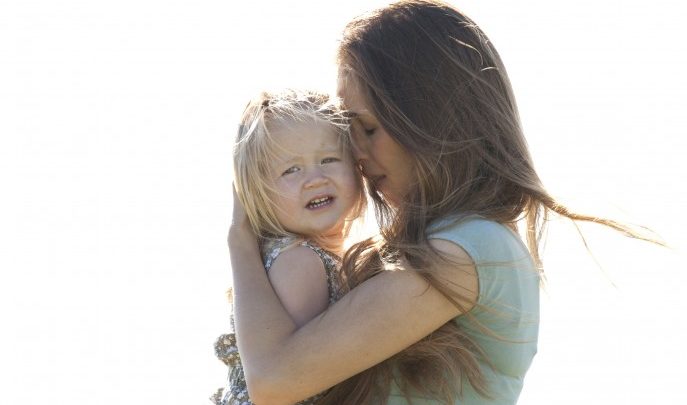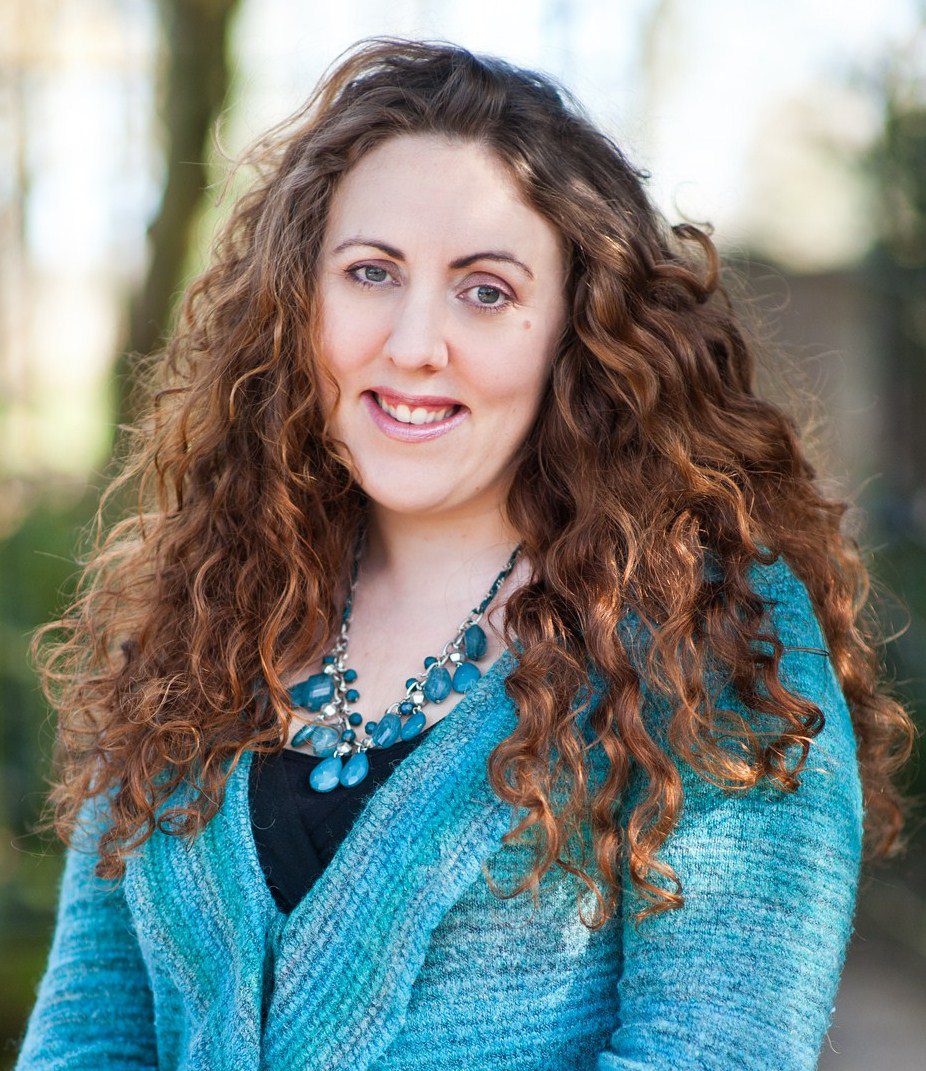Does What You’ve Learned As A Practitioner Make You Question How You Have Raised Your Own Children?

Coping with parental guilt? You’re not alone…

In the journey from training to practice it is likely that many early years practitioners will experience at least one uncomfortable thought about parenting. This might concern their own upbringing, or for those who are parents, how they have raised their own children. These feelings of guilt and regret can often get in the way of individuals becoming better practitioners.
To be a truly great practitioner it is important to make peace with your own upbringing and anything that you now know to be suboptimal. Similarly it is crucial to forgive yourself and lay to rest any doubts over the way you may have raised your own children, at a time when you maybe didn’t know as much as you do now.
Unfortunately many professionals find it hard to overcome these hurdles and can slip into old patterns and actions, even though newly acquired knowledge tells them they should be doing otherwise. In the late 1950s the American social psychologist Leon Festinger developed his theory of ‘cognitive dissonance’. Festinger described cognitive dissonance as a two-step process:
• The existence of dissonance, a feeling of being uncomfortable psychologically. This uncomfortable feeling motivates the person to try to reduce the dissonance and achieve consonance, to return to a state of psychological comfort.
• When dissonance is present, in addition to trying to reduce it, the person will actively avoid situations and information that would likely increase the dissonance.
This process explains the tendency of individuals to avoid situations or ideas that clash with their beliefs and the dismissal of information that goes against their beliefs, no matter how accurate and reliable the information may be.
For early years practitioners, cognitive dissonance is fairly common. This is not unsurprising, given that the idea that your actions at certain points may have unwittingly not been in the best interests of a child. Similarly newly acquired knowledge that raises doubts over your own parenting and the abilities and motivation of your own parents is perhaps the most uncomfortable feeling there can be.
How many times have you heard somebody proclaim “I was smacked and it never did me any harm”? We know now, without doubt, that smacking children carries serious negative consequences and is an ineffective form of discipline. It doesn’t matter how many research papers are published stating these findings, or how respectable the researchers are – people will always proclaim that they were raised that way and it never hurt them.
This is a classic example of cognitive dissonance. How hard it must be to realise that your parent’s violence towards you when you were young and vulnerable may have caused you permanent psychological harm. How hard it must be to process that information and to continue your relationship with your parents. It is often much easier to dismiss the messenger and attack the research instead, as so many do.
Making mistakes
In the childcare sector, a certain amount of dissonance is inevitable. Good practitioners will allow the dissonance, process it and move on, out of respect for the children in their care. It is important to realise that all parents make mistakes, be that ourselves or our own parents. This is probably the only part of parenting that is inevitable!
We are both fortunate and unfortunate that we live in a time of such huge scientific research. Every day it seems a new study is released telling us how children learn best, what environments they thrive in, how childcare affects their development, and how their interactions with others shapes their personalities forever more. Each day brings with it a new possibility of cognitive dissonance for early years practitioners.
Mistakes are, however, an important – indeed a vital – part of parenting. Your own parenting shapes your behaviour and personality, and when you have children yourself, you continue to grow and learn alongside your child; it is the final step in ‘growing up’. The key is in learning, allowing any uncomfortable feelings, recognising them, working through them, forgiving and moving on.
A great phrase to remember is ‘When we know better, we do better’. You can only do you best with the information that you believed to be correct at the time. The same was true of your own parents, who raised you with none of the research we have today.
Some would say that this was perhaps easier, that life was simpler then – but parenting advice often came from male psychologists who believed that children shouldn’t be ‘coddled’ or spoiled with too much affection. Many of us grew up in a childist era of ‘children should respect their elders’, without said elders showing much respect to the child. Parents followed the advice of these esteemed experts; they wanted the best for their children, so why would they think to question the advice of professionals?
The same is true today. We are presented with so much information from sources of authority, so why would we think to question the validity of the advice they give?
What of those who have been in the childcare field for several years and have witnessed the ever changing advice, guidelines and paradigm shifts? The biggest mistake that experienced practitioners can make is remaining in a state of cognitive dissonance when it appears that the advice they were given and the way they originally practised is now incorrect.
Practitioners need to be open to new research and new pedagogies, and welcome them with open arms – no matter how much they conflict with their own upbringing or previous ways of doing things.
Learn to cope
Five ways to deal with cognitive dissonance
1. Recognise the symptoms you experience when faced with new research or knowledge that calls into question something about your own upbringing, or the way you have raised your own children
2. Learn how to ‘sit with’ those feelings, rather than rushing into your normal protective mechanism of dismissing them. Allow yourself to feel whatever you need to feel – pain, anger, sorrow, regret, sadness
3. Think about the feelings mindfully. Live only in the present and realise that right now, you have nothing to be concerned about – the past cannot be changed and fears about the future may never come to pass
4. Embrace these feelings as an opportunity to do better. In the case of your own upbringing, use it as fuel to empathise with your own parents about any dissonance they might have felt. Embrace your new knowledge as a way to reconnect with your own children – if they are young enough, you still have time to change things. If they are grown, chat with them about how you wished you had known different when they were young
5. Put your new knowledge into practice and revel in the fact that you know you are doing your best for the children in your care – something you should be incredibly proud of!
Sarah Ockwell-Smith is a parenting expert, author and mother of four. For more information, visit sarahockwell-smith.com or follow @TheBabyExpert












